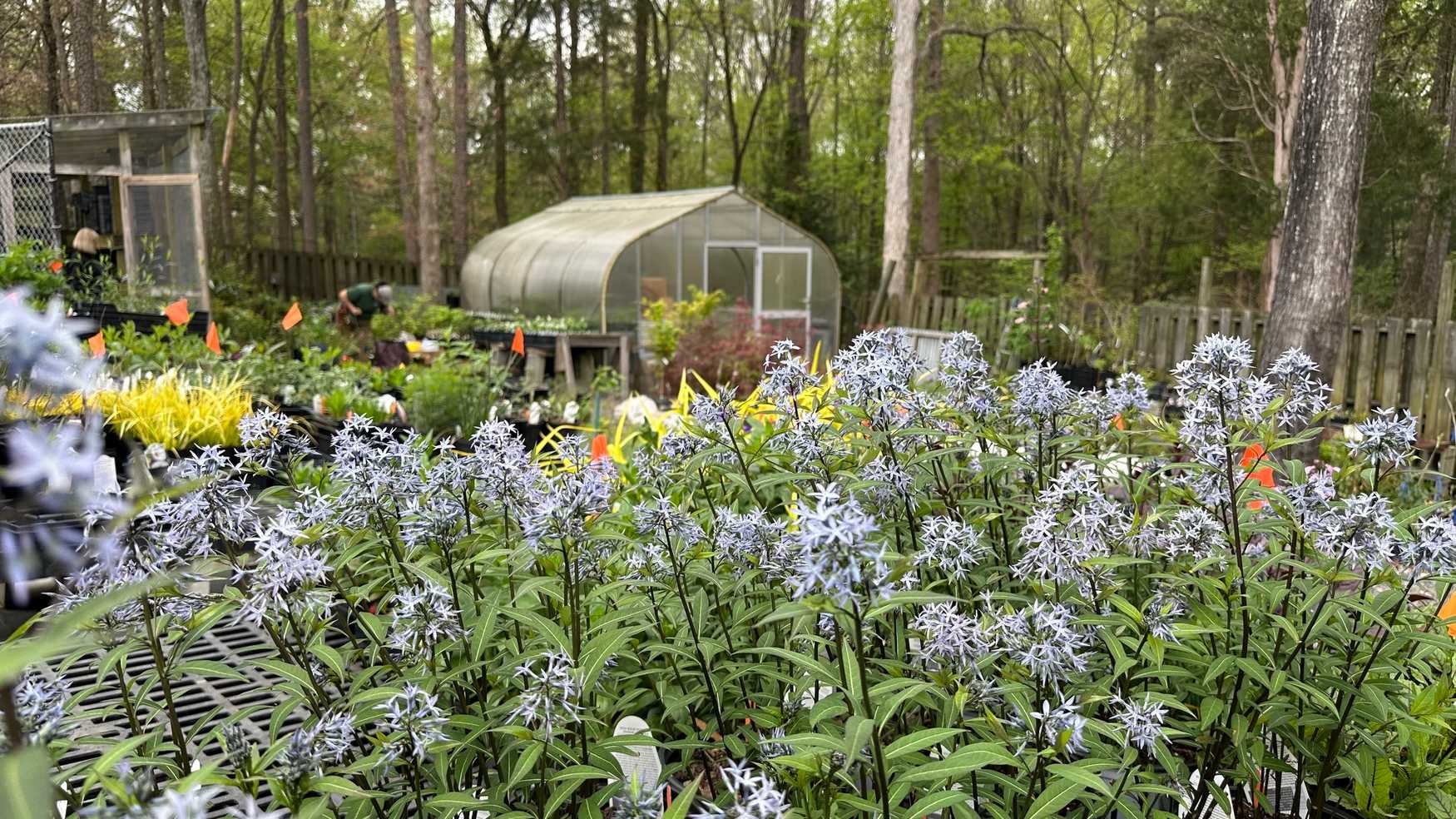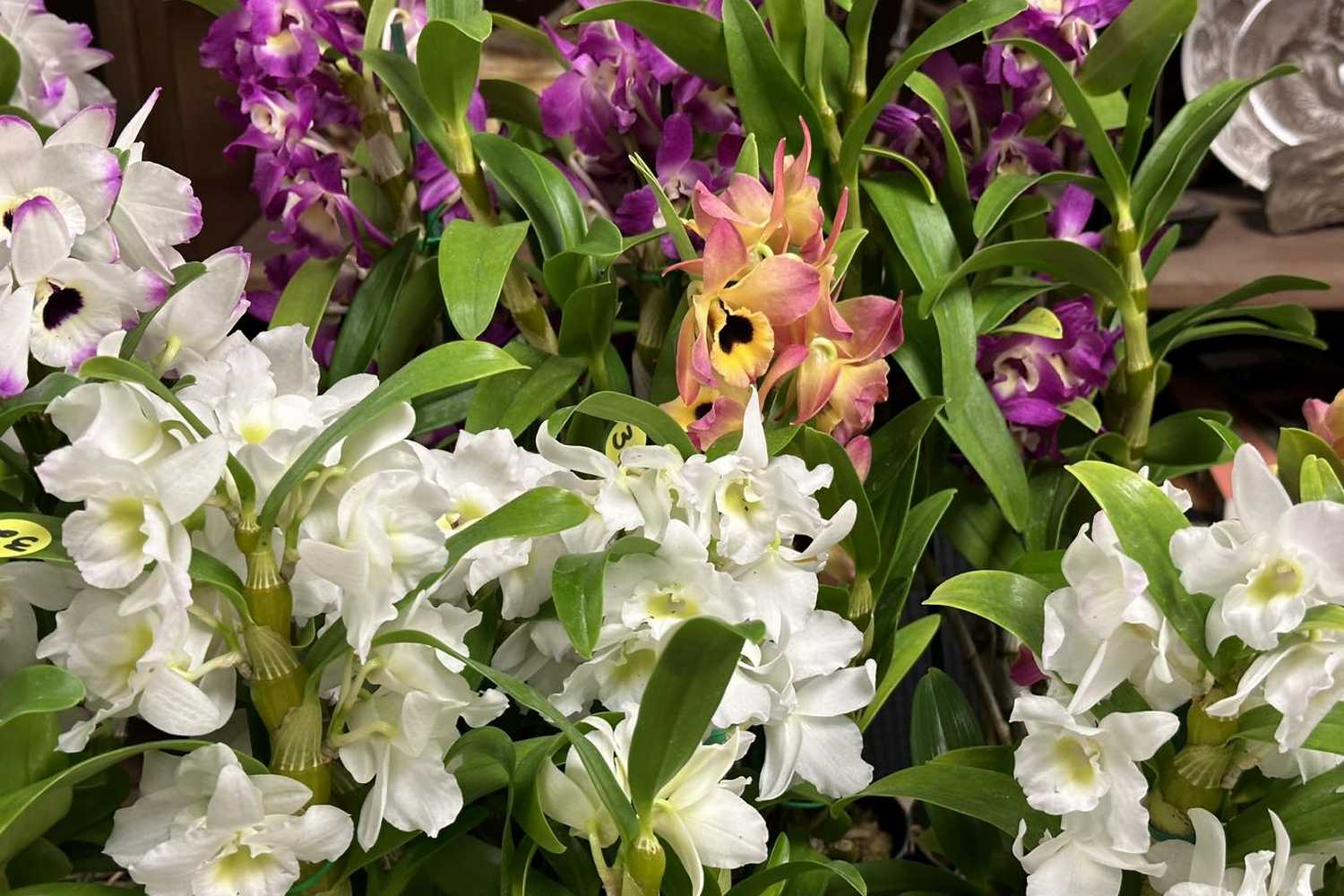The UNC Charlotte Botanical Gardens is a vibrant living classroom and natural oasis nestled within the bustling campus of the University of North Carolina at Charlotte. This 10-acre horticultural gem is an invaluable educational and recreational resource for students, locals, and visitors alike. Founded in 1966, the gardens have blossomed into a diverse collection of native and exotic plants, offering a unique opportunity to explore the rich flora of the Carolinas and beyond.
With its lush outdoor gardens, state-of-the-art greenhouse, and commitment to plant conservation, the UNC Charlotte Botanical Gardens invites visitors to embark on a botanical discovery and appreciation journey. Whether you're a budding botanist, a nature enthusiast, or simply seeking a tranquil escape, these gardens promise an enriching experience that will inspire a love for plants and the natural world.
Highlights
- Diverse plant collections featuring native Carolinian species and exotic tropical plants
- Educational programs and workshops for all ages
- Free admission to both outdoor gardens and the McMillan Greenhouse
Contents
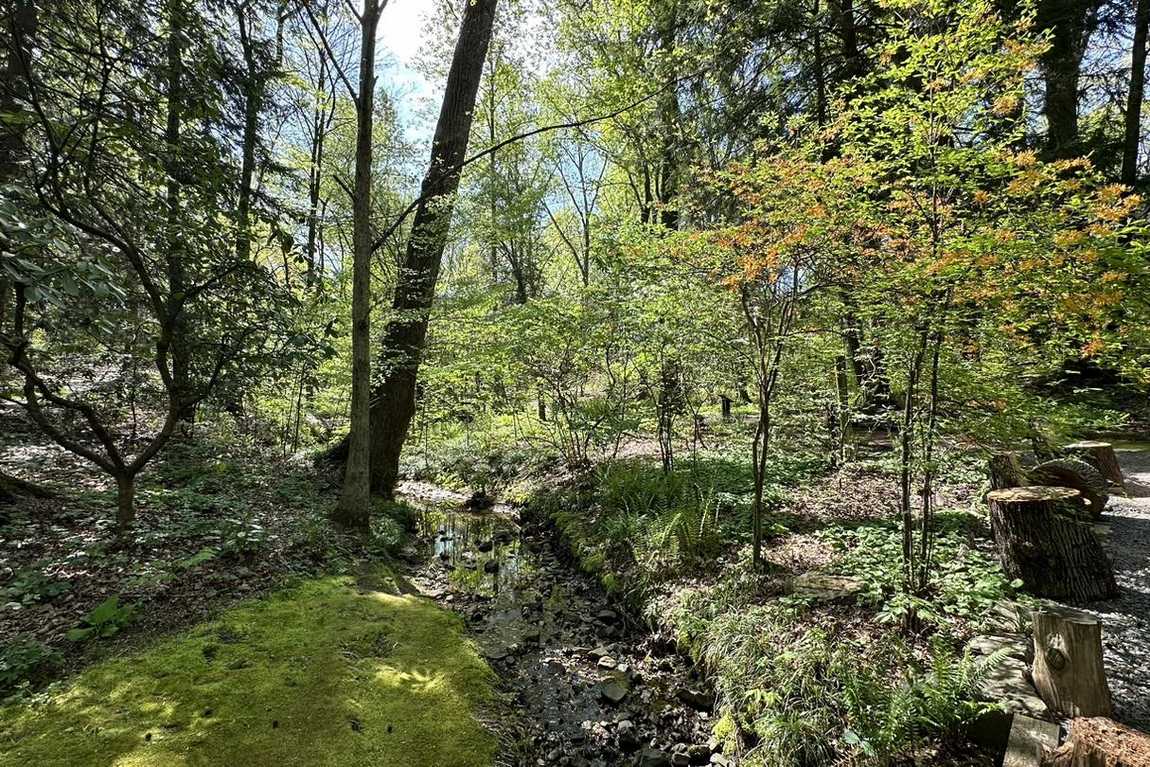 Photo: https://www.facebook.com/UNCCharlotteGardens
Photo: https://www.facebook.com/UNCCharlotteGardens
Here is Why Your Kids Will Find it Interesting
UNC Charlotte Botanical Gardens is worth visiting with kids because it offers a hands-on learning experience that sparks curiosity about the natural world. Children aged 5-12 will be particularly fascinated by the carnivorous plants, such as Venus flytraps and pitcher plants, found in the bog garden. The greenhouse's tropical section, with colorful orchids and unusual succulents, feels like a mini-adventure into a jungle. Interactive programs and seasonal events, like storytelling in the woods or plant-based crafts, keep young minds engaged and excited about botany.
Family-friendly features
- Interactive children's garden with hands-on activities
- Picnic areas with wooden benches scattered throughout the gardens
- Seasonal family-oriented events and workshops
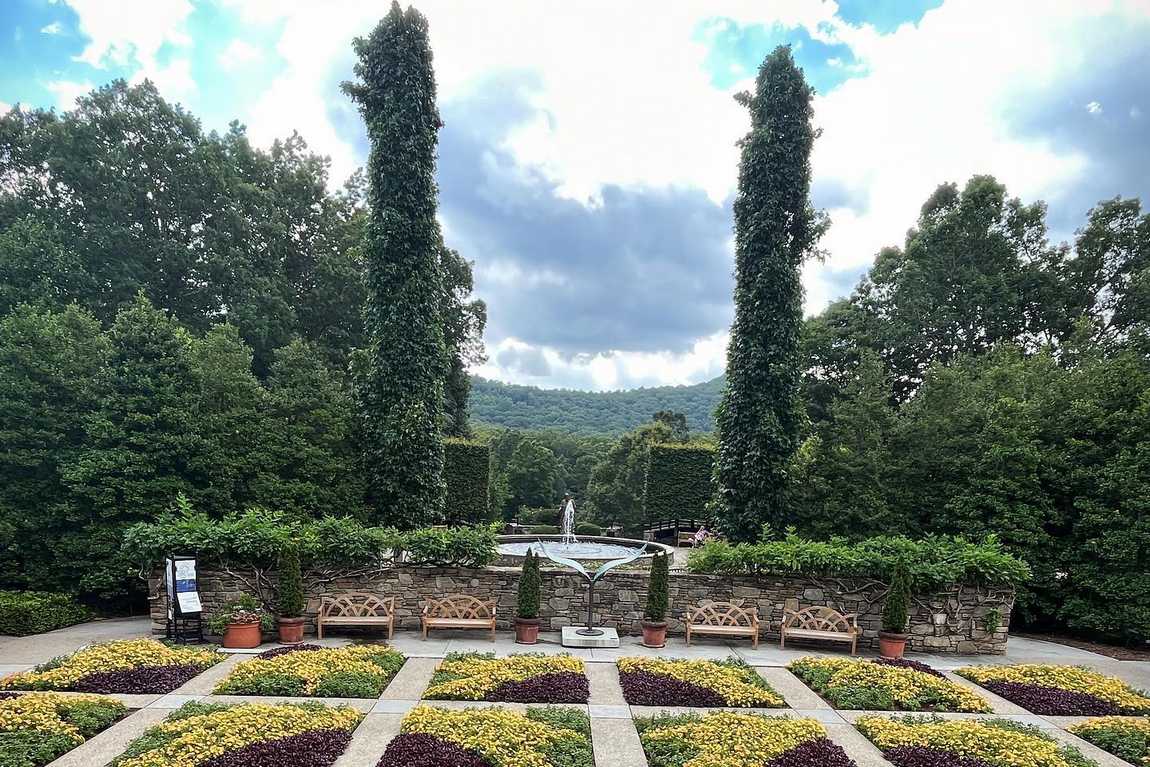 Photo: https://www.facebook.com/UNCCharlotteGardens
Photo: https://www.facebook.com/UNCCharlotteGardens
History and Mission
The UNC Charlotte Botanical Gardens were established in 1966 by Biology Professor Dr. Herbert Hechenbleikner and UNC Charlotte founder Bonnie E. Cone. What began as a small project within the Biology Department has evolved into a sprawling public garden that serves as both an educational resource and a community treasure.
The gardens' inception was rooted in Dr. Hechenbleikner's vision of creating a living classroom for biology students. Over the decades, this vision expanded to encompass public education and conservation efforts. Today, the garden aims to inspire a love for plants and nature through diverse programming, classes, and botanical displays.
As the gardens grew, so did their role in the university and local community. They have become integral to UNC Charlotte's commitment to environmental education and sustainable practices. The current mission reflects this broader scope, aiming to:
- Provide a comprehensive collection of plants for study and appreciation.
- Offer educational programs for students, gardeners, and the general public.
- Conduct and support botanical research.
- Promote plant conservation and sustainable gardening practices.
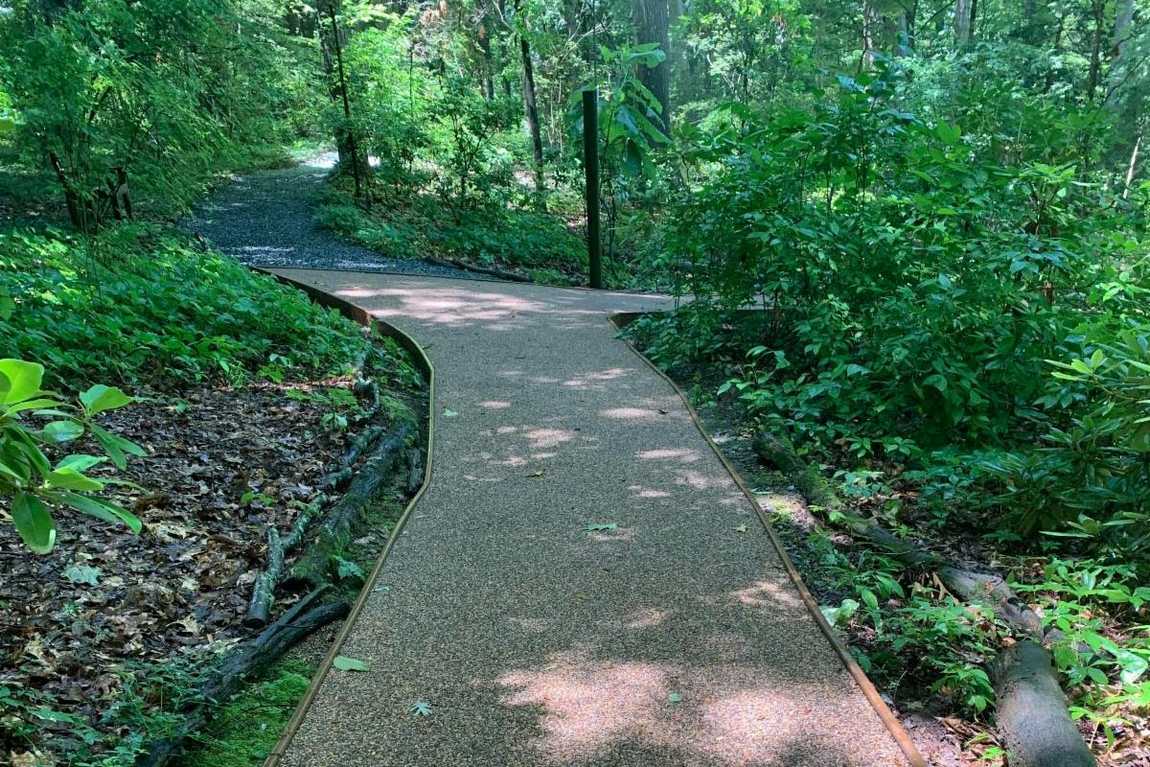 Photo: https://www.facebook.com/UNCCharlotteGardens
Photo: https://www.facebook.com/UNCCharlotteGardens
Garden Areas and Features
The UNC Charlotte Botanical Gardens has distinct areas with unique character and plant collections. The Van Landingham Glen is a woodland garden that showcases native plants of the Carolinas. It's home to an extensive collection of rhododendrons and features winding paths and a tranquil stream, creating a serene forest atmosphere.
The Susie Harwood Garden displays native and non-native plants suitable for the Carolina Piedmont. This area demonstrates various gardening styles and techniques, including new hardscaping elements that inspire home gardeners.
The McMillan Greenhouse houses tropical and exotic plant collections. It features specialized areas for different plant types. Visitors can admire a diverse collection of fascinating orchids, explore drought-resistant succulents from arid regions, and marvel at carnivorous plants like Venus flytraps and pitcher plants. Each area within the greenhouse offers a unique glimpse into different plant habitats and adaptations.
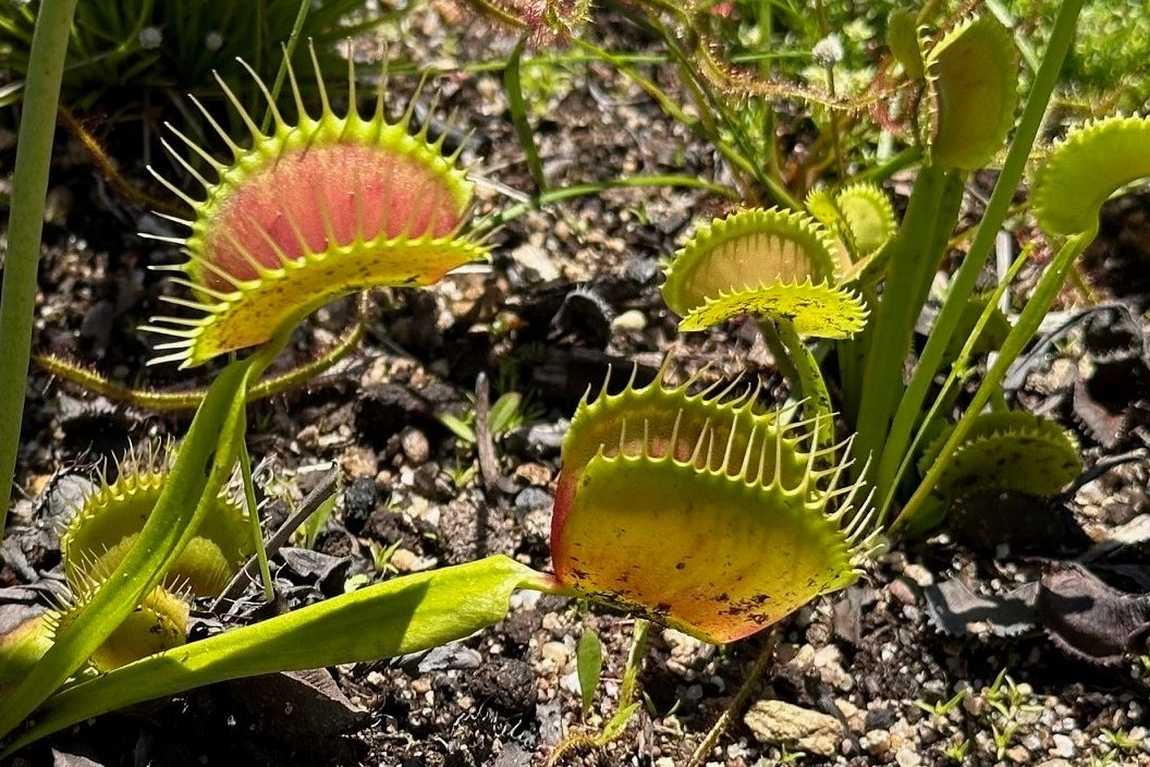 Photo: https://www.facebook.com/UNCCharlotteGardens
Photo: https://www.facebook.com/UNCCharlotteGardens
Plant Diversity and Collections
The UNC Charlotte Botanical Gardens boast an impressive array of plant life, showcasing the rich biodiversity of the Southeast United States and beyond. Visitors can explore a wide range of plants indigenous to the Carolinas, providing a comprehensive look at local ecosystems. The gardens' commitment to conservation is evident in their efforts to cultivate rare and endangered species, contributing to the preservation of threatened plant life.
Special Collections
Among the garden's highlights are its special collections. A stunning variety of exotic orchids captivates visitors with their intricate beauty. Nearby, carnivorous plants display fascinating adaptations that never fail to intrigue. For those interested in arid environments, a collection of desert plants, including succulents and cacti, offers a glimpse into the resilient world of drought-resistant flora. In contrast, lush tropical ferns transport visitors to rainforest habitats with their verdant fronds.
Unique Specimens
The gardens also house several unique specimens that draw particular interest. The chocolate tree and allspice tree offer visitors a chance to see these familiar flavors in their natural form. Perhaps most notorious is the infamous corpse plant, which, though it blooms rarely, attracts thousands of visitors with its pungent odor when it does. These diverse collections and specimens make the UNC Charlotte Botanical Gardens a haven for plant enthusiasts and curious visitors.
Great Wolf Lodge Waterpark, a great place for family fun, is 8,8 km away
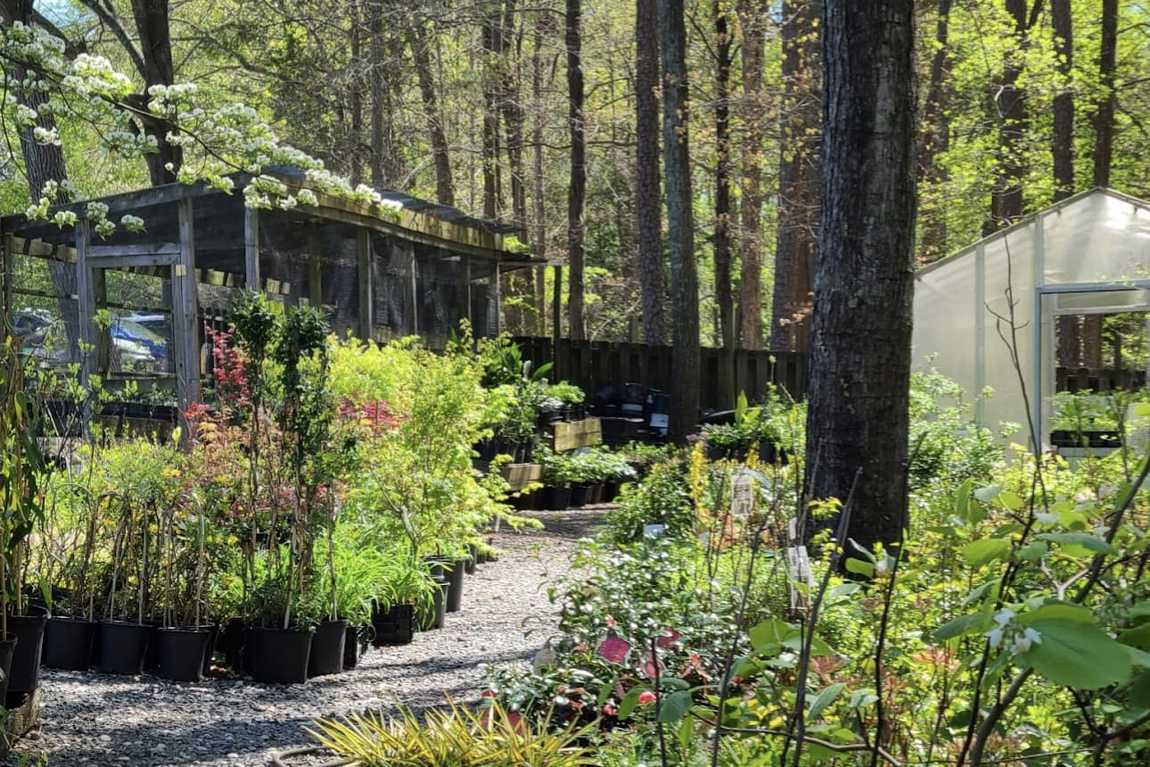 Photo: https://www.facebook.com/UNCCharlotteGardens
Photo: https://www.facebook.com/UNCCharlotteGardens
Educational Programs and Events
The UNC Charlotte Botanical Gardens offers a rich array of educational opportunities and events for visitors of all ages:
- Classes and workshops:
- Basic botany lessons
- Orchid care 101
- Wildlife gardening
- Botanical macro photography
- Guided tours:
- Available for both adults and children
- Led by knowledgeable staff and volunteers
- Seasonal events:
- Plant sales (held three times a year: April, October, and Valentine's Day)
- Stories in the woods for children
- Seasonal displays and exhibitions
These programs educate visitors about plant life and foster a deeper appreciation for nature and conservation. The gardens collaborate with the university's Biology Department, providing a living laboratory for students and researchers.
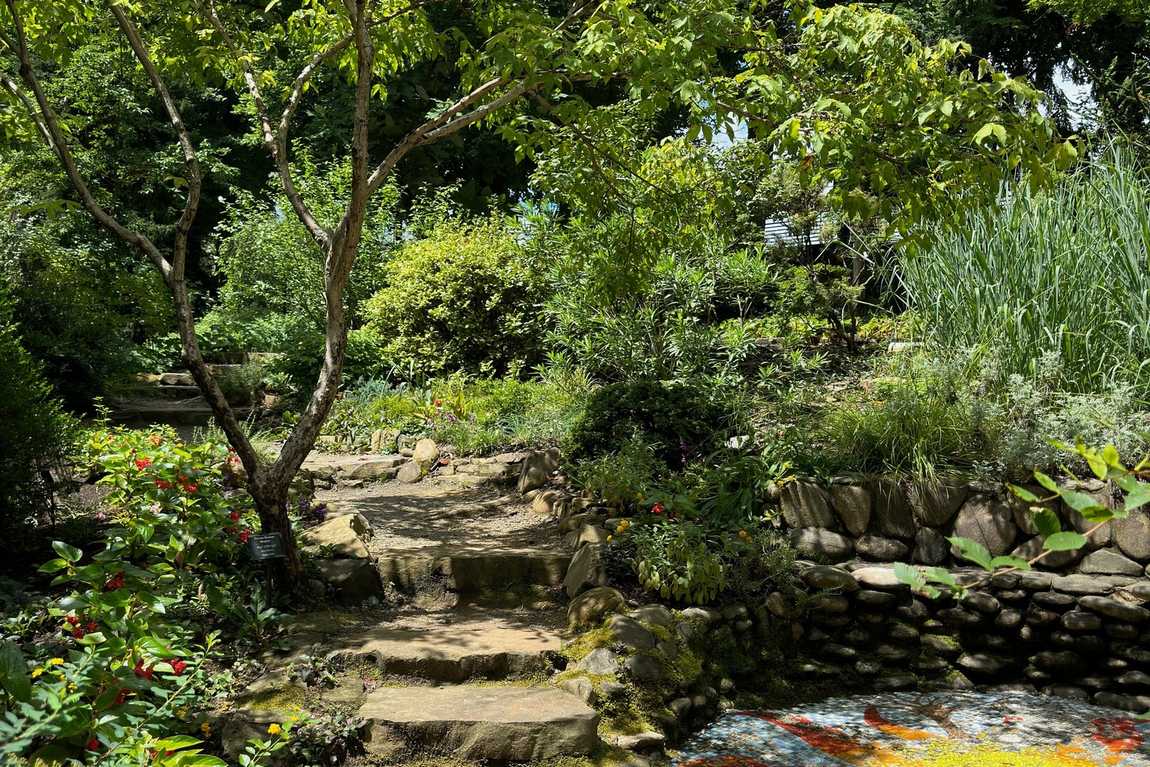 Photo: https://www.facebook.com/UNCCharlotteGardens
Photo: https://www.facebook.com/UNCCharlotteGardens
Best Time to Visit
The best time to visit UNC Charlotte Botanical Gardens with children is during weekday mornings or weekend afternoons when the gardens are less crowded. Spring and fall offer pleasant weather and vibrant displays of blooming plants. The greenhouse is open Monday through Friday, 9:00 a.m. to 4:00 p.m., while outdoor gardens are accessible during daylight hours.
Recommended Duration: A typical visit lasts about 2-3 hours, allowing time to explore outdoor gardens and the greenhouse.
Our Resume
The UNC Charlotte Botanical Gardens uniquely blend education, recreation, and natural beauty. Its diverse plant collections, engaging programs, and free admission make it an excellent destination for families, students, and nature enthusiasts. The gardens' commitment to conservation and research makes every visit an opportunity to learn and appreciate the wonders of the plant world.


